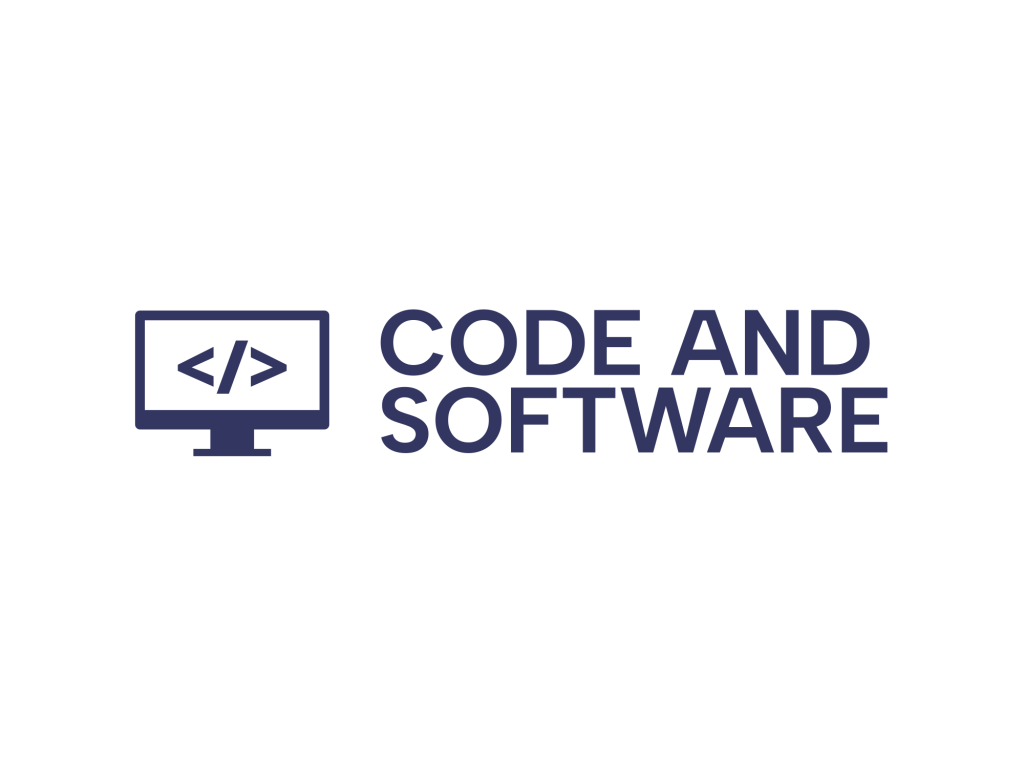Sales engineering has always been a big part of tech. But at PLG companies, it’s getting a fun new twist. PLG stands for Product-Led Growth. These are companies where the product sells itself. Think of tools like Slack, Notion, or Figma.
So, what happens to sales engineers in a company where there are no traditional salespeople? The answer is: They evolve. Let’s explore how.
What Is a Sales Engineer?
A sales engineer is a magical mix of technical know-how and people skills. They help users understand how a product works and how it can solve their problems. They don’t just show off the features — they show value.
In a traditional company, they support account executives. In a PLG company, their role is more dynamic.
When Products Sell Themselves, Do You Still Need Sales Engineers?
Yes! 100%. Just because users can sign up on their own doesn’t mean they understand everything right away. Many PLG tools are powerful, but also complex. That’s where sales engineers come in.
They help users unlock the true potential of the product. This could be through:
- Onboarding sessions
- Workshops or demos
- Custom integrations
- Answering technical questions
And guess what? The more a user gets value, the more likely they are to convert to a paid plan.
The New Role of Sales Engineers at PLG Companies
In the past, most sales engineers were brought in after a sales deal was halfway done. Not anymore. In PLG companies, sales engineers are there from the start.
They meet users during the self-serve phase. This new type of user is often:
- Curious but cautious
- Very technical
- Wants answers fast
That means sales engineers at PLG companies need to be proactive, not reactive. They jump into Slack communities, respond in forums, and offer help before it’s even asked for.

It’s All About Activation
One of the key goals in any PLG motion is activation. That means getting a user to experience the product’s core value — fast.
This is where sales engineers shine. They know which buttons need to be clicked, which settings to enable, and which workflows create those “aha” moments.
Let’s say someone signs up for a data analytics tool. They don’t get value just by logging in. They get value when they connect their data sources and create a dashboard.
A good sales engineer is like a tour guide. They show the way, point out the best views, and make the journey smooth.
Helping at Every Stage of the Funnel
At PLG companies, sales engineers play a role in every stage of the user journey:
- Awareness: Create content, videos, and webinars to show value
- Engagement: Jump in on live chats or community questions
- Conversion: Help trial users go deeper with demos or technical consults
- Expansion: Work with customer success teams to support rollouts and advanced use cases
Yep, they wear many hats!
What Makes Sales Engineers at PLG Companies Different?
Here’s what sets them apart:
- They move fast. Things change quickly in PLG. New features can launch weekly.
- They automate. PLG tools often scale to thousands of users. So SEs use guides, scripts, bots, and videos to scale their work.
- They write well. Clear documentation is key. A great SE can explain complex things in simple, fun ways.
- They know product deeply. SEs are often power users and may even contribute to roadmap discussions.
In short, sales engineers become part support, part sales, part product, and all awesome.
Let’s Talk Day-to-Day Life
A typical day for a sales engineer at a PLG startup might include:
- Helping a user implement SSO in their trial account
- Recording a Loom video answering a community post
- Testing a new feature before it launches
- Writing a guide on best practices for setup
- Joining a customer on a Zoom call to walk through a tricky integration
It’s a little bit of everything, and it’s never boring.

So don’t wait. Dive in, learn fast, and help users fall in love with your product. Because behind every great product-led company is a great team of sales engineers.

